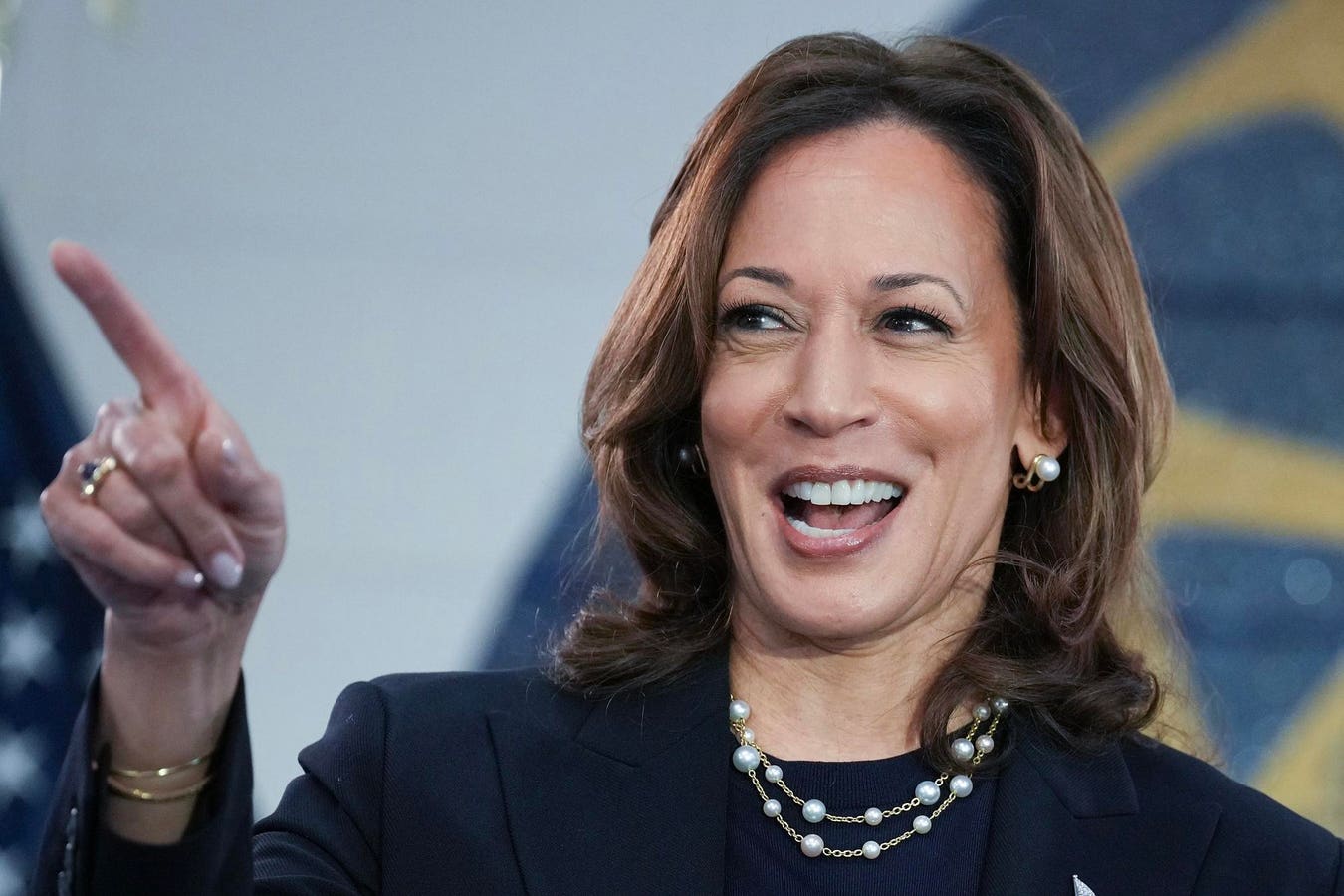In a bid to win the support of Black men, an electorate reportedly hesitant about voting for her, Vice President Kamala Harris, the Democratic presidential candidate, is promising federal legalization for cannabis.
If elected, Harris plans to “break down unjust legal barriers that hold Black men and other Americans back by legalizing marijuana nationally, working with Congress to ensure that the safe cultivation, distribution, and possession of recreational marijuana is the law of the land,” the campaign announced in a public statement.
This would be a step forward from the Biden administration’s current stance on cannabis, which includes pardoning people convicted of marijuana possession and possibly reclassifying the plant from a Schedule 1 to Schedule 3 designation.
In addition to the cannabis proposal, Harris’ plan calls for 1 million fully forgivable loans of up to $20,000 to Black entrepreneurs, according to the campaign.
Harris’ pledge of offering full legal access to cannabis has elicited mostly positive reactions from cannabis leaders.
Gibran Washington, CEO of multistate operator Ethos Cannabis, hailed the Harris plan as a “landmark shift that will catalyze both industry growth and scientific advancement.”
For Washington, the Harris stance “will unlock unprecedented opportunities for rigorous research into cannabis’ vast therapeutic potential as well as help the current legal industry thrive. Legalization will not only foster innovation but also dismantle barriers to patient access, allowing us to revolutionize healthcare with evidence-based cannabis therapies. This forward-thinking approach aligns perfectly with our mission to enhance patient outcomes and redefine the boundaries of modern medicine.”
Anthony Coniglio, CEO and president of NewLake Capital Partners, a provider of real estate capital to state-licensed cannabis operators, expressed cautious optimism. For him, the real issue would be the legislative action, which might be problematic as it would require bipartisan Congressional support.
“As we’ve seen during Biden’s presidency, executive power is limited, and lasting change for the cannabis industry will require congressional action,” he said. “While we applaud Harris’ commitment to addressing the harm caused by the War on Drugs and the disproportionate impact of mass incarceration on communities of color, it remains unclear if there will be enough bipartisan support to fully realize her reform proposals.”
Sundie Seefried, CEO of SHF Holdings, Inc, a financial services firm focused on the cannabis industry, said the Harris campaign’s announcement is encouraging; however, the ramifications of full federal legislation would be complex given that the cannabis industry is currently operating on a state-by-state approach.
“Comprehensive federal reform does offer opportunities for nationwide consistency, but it also introduces significant challenges for both state-level regulators and businesses,” added Seefried. “States have developed their own regulatory frameworks over years, and forcing them to adjust to federal standards could create substantial complications. Establishing a federal regulatory environment will still be required and take more time than moving from a Schedule 1 to 3. The industry needs more immediate relief and I fear, while the intent is good, the time it takes to establish such federal regulation and merge state regulatory environments will delay progress for the industry.”
Last month, Harris’ Republican challenger, former President Donald Trump. said in a social media post on Truth Social that he would vote yes on Amendment 3, which would legalize marijuana in Florida where he is a legal resident. He also noted he would continue working on marijuana reform if he’s re-elected.
Currently, adult-use marijuana is legal in 24 states as well as the District of Columbia.
Read the full article here





